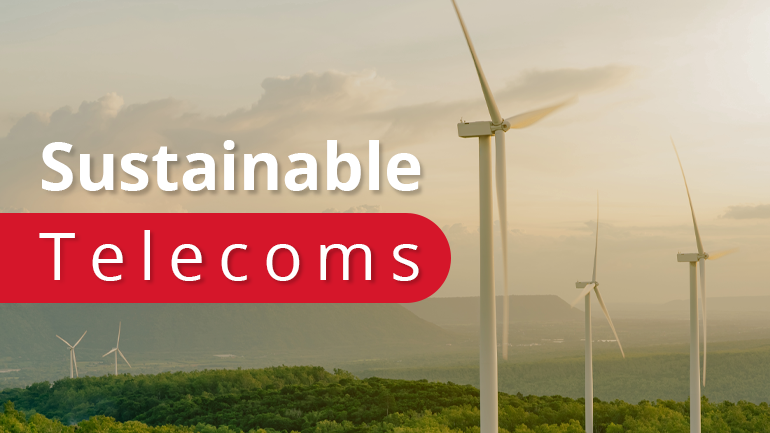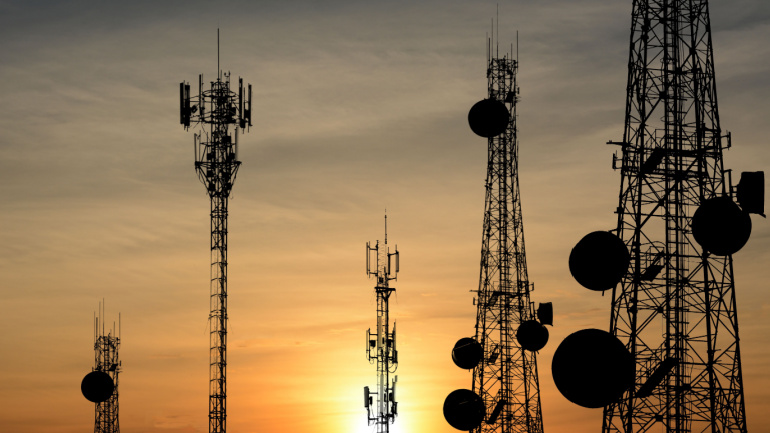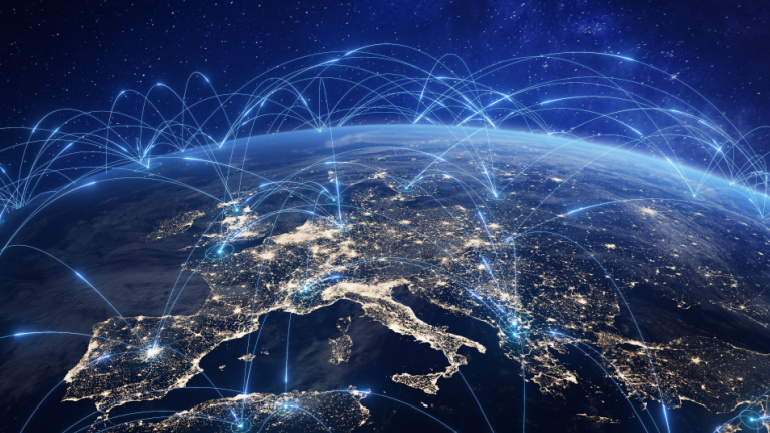Nippon Telegraph and Telephone Corporation (NTT), NTT DOCOMO, and SKY Perfect JSAT join forces with Amazon’s Project Kuiper to turbocharge Japan’s telecom services. The partnership seeks to leverage Project Kuiper’s Low Earth Orbit (LEO) satellite broadband network, offering a breadth of connectivity to enterprises and government entities despite the nation’s geographical challenges. The strategic emphasis is on utilizing Kuiper’s capabilities for redundant communication networks, covering even hard-to-reach locations ramping up continuity of services after emergencies and natural disasters.
As Portugal’s telecom operator Nos marks two years of 5G services, it declares readiness to launch services on a new 5G standalone infrastructure. Despite the slower than expected progress, Nos’s move signifies a key contribution to the sector. Intriguingly, the viability and potential benefits of this new infrastructure remain a matter of debate. With collaborations with Nokia and Ericsson, Nos envisions a surge in ultra-low latency services.
Bridging the gap between past and future, the Cayman Islands are preparing to modernise their underwater cable system, crucial for their international data traffic. Despite serving admirably for decades, the two existing cables are nearing their operational longevity. As such, a $1.69 million partnership with CMC aims to overhaul connectivity, counting on expertise from firms like WFN Strategies and SBM International.
Cellnex, the infrastructure titan, is considering the sale of tower assets in Austria and Ireland in a push to offload financial burdens and deepen roots in the European market. This shift in focus, triggered by last year’s UK Hutch deal completion, aims for organic growth, investment-grade rating, and debt management via strategic divestments. CEO Patuano hints future cash generation post 2027 and potential interest in bidding for Deutsche Telekom’s GD Towers business, crafting a more efficient operational blueprint.
Vodafone’s potential sale of its Italian operations to Fastweb amid TIM’s anticipated network sales sets the scene for a transforming Italian telecom landscape. Amid these changes, Fastweb’s potential merger or acquisition of Vodafone appears rational due to current market dynamics. Nonetheless, political wrangling, rival suitors, and ever-changing regulatory landscapes act as potential roadblocks to this merging of forces. The news underlines the need for strategic shifts amongst Italy’s leading telecom operators amidst significant changes.
Switching to a cloud-based VoIP system has the potential to cut CO2 emissions from telephony equivalent to removing 22 million cars from the road. In an era prioritizing sustainability, traditional landlines contribute to significant carbon footprints and electronic waste. VoIP, utilizing the internet’s power, eliminates physical infrastructure, reduces electronic waste, and operates efficiently. Beyond resource conservation, VoIP’s energy efficiency, support for remote work, and future innovations, including AI optimization and renewable energy sources, position it as a sustainable solution. Join the movement for a cleaner world with every VoIP-powered conversation—a pledge to the planet.
In a strategic move to bolster its European presence, nLighten, the digital infrastructure platform under the umbrella of I Squared Capital, a renowned global infrastructure investor, has successfully acquired Gyro Center (“Gyro”), a high-performance data center situated in Amsterdam. This acquisition marks a significant stride for nLighten as it progresses towards realizing its ambition of establishing and operating the foremost data center platform in Europe.
Distinguished selections, momentous awards, and unprecedented telecom innovations marked the recent proceedings. Notably, Telia Company’s Global IoT Connectivity solution won the B2B Service of the Year, while PT Telekomunikasi Selular took laurels in the Digital Transformation Programme category.
The GSMA annual report depicts a thriving European mobile industry, contributing over €910 billion to the economy in 2022 with projections to hit the €1 trillion mark by 2030. Despite impressive mobile coverage across Europe, certain challenges persist. The report suggests mobile operators need to make sustained investments in networks to meet global competition, and regulatory reform is crucial. Yet, some caution that this could lead to higher prices and no increase in investment, exemplified by the US situation.
As Algar Telecom turns 70, the prominent Brazilian ISP continues to seize market share amidst 10,000 competitors. Serving 1.5 million customers across Brazil, they masterfully intertwine fiber broadband, wireless, and content services, satisfying the divergent needs of B2B and B2C consumers. The strategic blend of high-tech infrastructure and seamless customer experience propels Algar’s journey, pivoting on the indomitable broadband, termed as the “cardinal element”. Additionally, foreseeing the potential of the imminent 5G rollout, Algar’s game plan involves marrying fixed-line connectivity with wireless services, laying a robust groundwork for the future.













